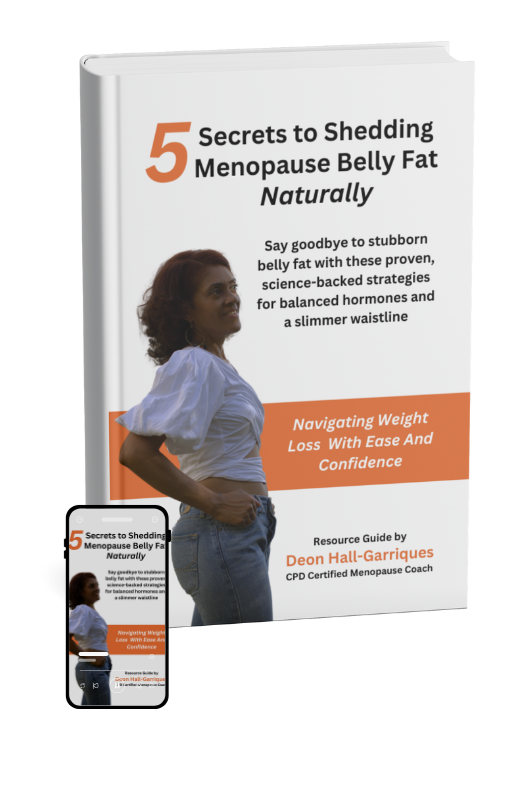Toxins
Eat Clean, Feel Better: The Dirty Dozen & Clean 15 Guide for Less Toxins

Have you ever wondered if those “healthy” fruits and veggies you’re piling on your plate might be hiding something less wholesome?
I used to think that eating more produce was always the answer—until I learned about pesticides and how they can sneak into even the cleanest-looking foods.
Here’s the good news: you don’t have to overhaul your entire diet or blow your budget on organics.
With a little know-how, you can eat clean, reduce your toxin exposure, and feel confident about what’s on your plate.
Let’s talk about the EWG’s Dirty Dozen and Clean 15—two lists I rely on every single week to help me make smarter choices for my body and my family.
If you have been in my world for a while, you know I have talked about these lists many times.
Each year, the Environmental Working Group (EWG) publishes the Dirty Dozen—a list of the twelve fruits and veggies most likely to carry pesticide residues, even after washing.
These are the ones I always try to buy organic when possible.
The Dirty Dozen
For 2025, the top offenders include strawberries, spinach, kale, grapes, peaches, and apples.
- Strawberries
- Spinach
- Kale, collard & mustard greens
- Grapes
- Peaches
- Pears
- Nectarines
- Apples
- Bell & hot peppers
- Cherries
- Blueberries
- Green beans
If you can’t always buy organic, don’t stress!
Just do your best with what’s available. Every small step counts.
The Clean 15: Where You Can Save

On the flip side, the Clean 15 list highlights produce with the lowest pesticide residues.
These are usually safe to buy conventionally grown, which can save you money.
This year’s Clean 15 stars include avocados, sweet corn, pineapple, onions, and frozen peas.
- Avocados
- Sweet corn
- Pineapple
- Onions
- Papaya
- Sweet peas (frozen)
- Asparagus
- Honeydew melon
- Kiwi
- Cabbage
- Watermelon
- Mushrooms
- Mangoes
- Sweet potatoes
- Carrots
Mix and match from these lists to lower your toxic load without feeling deprived or overwhelmed.
It’s all about progress, not perfection!
Why Does This Matter?
Reducing your exposure to pesticides isn’t just about what’s trendy—it can truly make a difference in your energy, hormone balance, and long-term health.
The less your body has to work to detox from chemicals, the more it can focus on helping you feel your best every day.
Ready for a Deeper Health Reset?
If you’re looking to make lasting changes and truly improve your health, let’s chat! I’m now offering a 90-Day Coaching Program designed to help you create sustainable habits, balance your hormones, and reclaim your energy and confidence for good.
If you’re curious or want to see if this is the right fit for you, book a free wellness chat with me. I’d love to support you on your journey!
In Good Health,
Deon
DISCLAIMER: This information is not intended to provide medical advice. The purpose is to provide education and a broader understanding to my readers. Always seek the advice of your qualified healthcare provider before making any dietary or lifestyle changes. I do not recommend or prescribe, or recommend changing dosage or discontinuing, any prescription medications or pharmaceutical drugs.
FREE RESOURCES
- Download your FREE Guide: 5 Secrets to Shedding Menopause Belly Fat Naturally
- Sign Up for a Free Yoga Class
- Book a Wellness Audit with Me
- Join My Private FB Group for Hormonal Support

